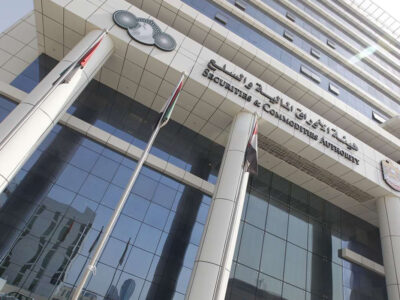It’s become a matter of habit for most of us when taking a taxi somewhere.
If the fee is AED44, we will say “make it AED45”. Or, if it’s a AED28 fare, we say “change for AED30 will be fine”.
Tipping your cabbie is as much custom as it is convenience for many of us wanting to avoid a mountain of change in their purses or wallets.
But, with moves to make Dubai taxis a cashless, card payment system, some drivers are concerned they will lose a fortune on tips.
Whether by coincidence or design, three drivers in the space of a week politely refused any tip, instead riffling around their glove box for exact change for my fare.
It could be in readiness for the system changeover, though one proud driver said he did not believe in tips because he felt he did not earn them.
However, with taxi drivers among the lower wage earners in cashed-up Dubai, the money lost from future tips could be a tough move for drivers to contend with.
According to various references, the practice of tipping dates back to 17th century Tudor England where overnight guests to a person’s home would provide a tip to servants.
While the modern-day form of tipping varies between countries – in the US, for example, it is expected and factored into the cost of a meal or service – in other countries it’s an optional custom.
I, for one, think it’s not a bad thing to recognise good service and hope that tipping in Dubai, whether it be for a meal or a cab ride, continues.








